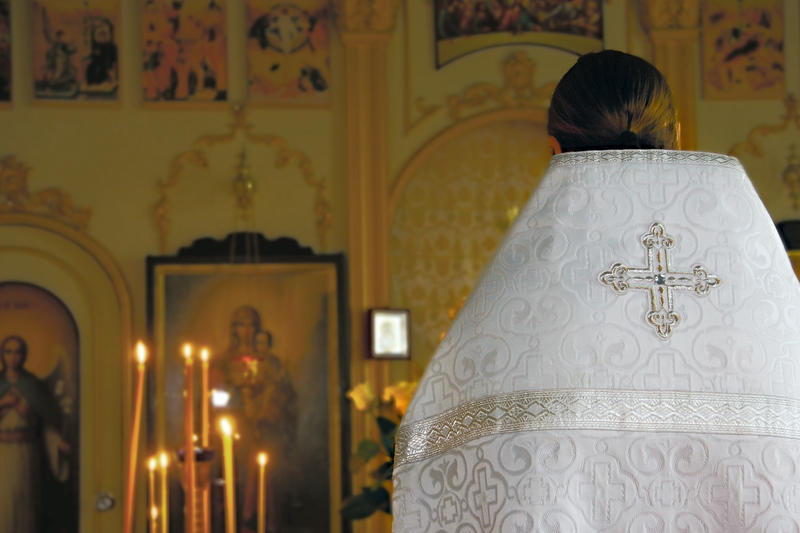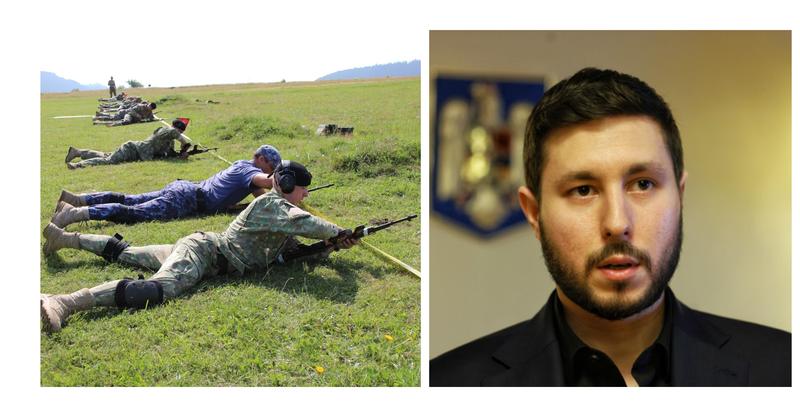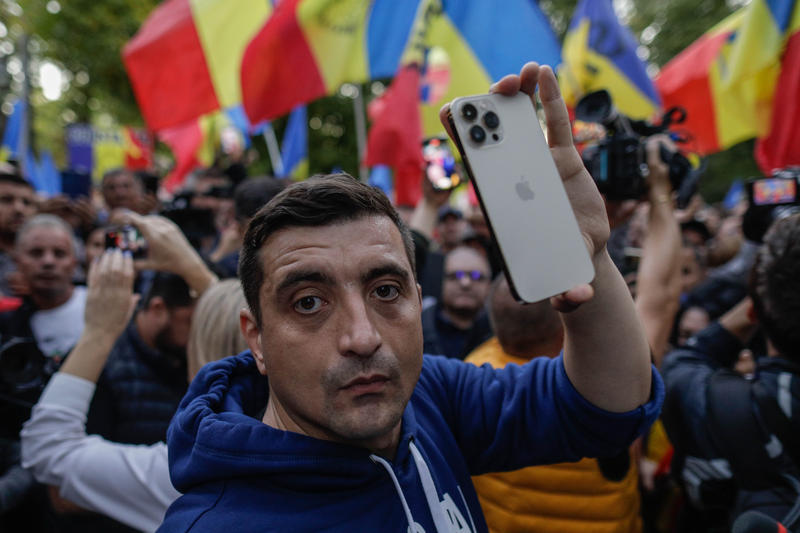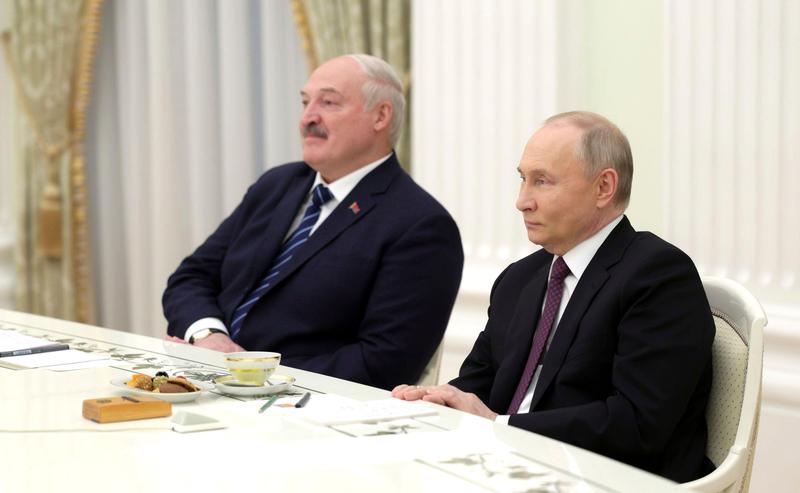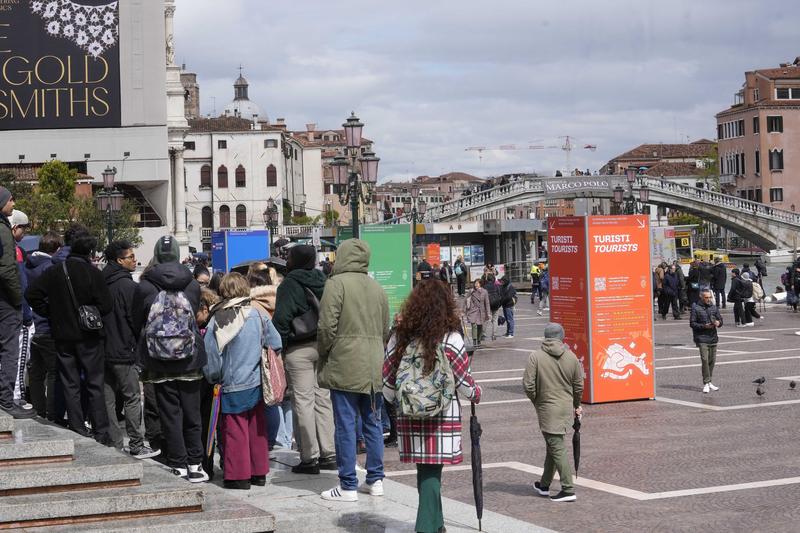Unemployment boom drains out Romania’s budget. Elsewhere in the news, the Lustration law threatens no one 20 years after it should have been adopted, on the contrary. Last but not least, Romanian President Traian Basescu wants to adopt 10,000 Moldavian citizens each month.
Unemployment boom drains out the budget, Adevarul informs. State spending for unemployment benefit is booming: +119% in Q1 against the same time last year. Though the fiscal deficit in Q1 is the IMF's main target, social assistance swallowed 15% more from the central budget and 55.6% more from local budgets.
The size of the economic crisis is obvious: state's incomes are worse off than last year's so far, with the VAT and work tax bringing the least amount of money of all. The budget got most of its funds from tax on profit (including the minimum tax): +8.9%, the tax on ownership and from duties. But the growing unemployment is a stress for the budget.
The Romanian state's incomes dropped 1.4% in Q1, i.e. 522 million lei. The economic activity hasn't got good news either. VAT revenues dropped 11.5%. Revenues from the income tax dropped by 9.5% and the duties for goods and services were 6.4% lower. The tax on ownership brought 11% more on the table. Tobacco brought 6% more revenues, as well. Three quarters of the price of tobacco represents taxes.
As for spending, the Government pulled off only a 0.5% saving in comparison with Q1 last year, by cutting investments short by more than one third (36.5%). Staff spending dropped, too, by 8.7%, while goods and services managed to save 0.4% against the first three months in 2009.
Unemployment benefits have soared by 119% more than last year. Overall, the social assistance increased by 15.6%, namely over 4.2 billion euros, almost as substantial as the first IMF instalment. Romania is struggling to meet the budget deficit target of 5.9%. The deficit currently reads 1.53% of the GDP for Q1.
The lustration law threatens no one, on the contrary, Evenimentul Zilei reads. According to the publication, the delayed lustration law is sheltering people like Dan Voiculescu (Conservative Party), Viorel Hrebenciuc, mysteriously forgets about Theodor Stolojan (LibDem) and manages to touch only Silvian Ionescu (PDL) and Serban Mihailescu. After 20 years of ex-communists taking over top positions, the lustration law fails to shake the confidence of ex-nomenclature servants, exposing a very short list.
Despite the clear verdict of communist intelligent collaborator, Dan Voiculescu remains senator. Ex-SIE (Foreign Information Service) chief Mihai Razvan Ungureanu and PM Emil Boc, former members of the Union of Communist Youth (UTC), are not to be made responsible for their past 'quality'.
LibDem Silvian Ionescu, ex-Centre for External Information officer, is still state secretary and Environment Guard chief. The law requires that once an individual has been found of having been involved in political police, they should redraw from their public roles within three months from the verdict. But there is a safety net: if they win a contest for a leading role in ministries, they are left alone. Those already in power - MPs and mayors - are allowed to complete their mandates. They then cannot candidate for the next five years.
Serban Mihailescu used to be the secretary of the Council of Ministers in the grey era, while people of the nomenclature such as Ion Iliescu (social-democrat, ex-president of Romania), Octav Cozmanca and Ioan Rus remain unpunished. The lustration law comes 20 years too late. Many of the ex-communists have retired. Policy expert Dan Pavel, who signed the Proclamation from Timisoara, the city where the Romanian Revolution started in 1989, considers the lustration law to be "too late, unjust and senseless".
The Proclamation was signed in March 1990 and it requested to ban the ex-communists from access to power and public roles. "It was supposed to be enforced within two years. (...)The harm has already been done. The idea was to stop people like Ion Iliescu", he said. He believes it is unjust to forbid those with small roles in the communist system to run now for public roles, while ex-KGB and GRU officers were untouched.
Romanian President Traian Basescu wants to adopt 10,000 Moldavian citizens each month, Gandul reads. There are an increasing number of Moldavian students coming to Romania for education. Most of them decide to settle west of River Prut, which borders the two countries. Gandul reporters took part at the swearing-in ceremony 309 Moldavians went through on one go to become Romanian citizens.
The citizenship will cut their trips to embassies and consulates and will allow them to study and work freely in Romania. A higher living standard is the main reason: less poverty, bigger salaries, more jobs and better universities. Some of them leave families behind, but most of them are in their 20s and encouraged to stay abroad.
Moldova's youth migrating to Romania is already a phenomenon. In 2009, Bucharest granted the Romanian citizenship to 36,000 Moldovans within the first three months and gave green light to another 12,000. With the simplified manner of obtaining the citizenship, the number of dossiers that used to be solved in one quarter is now going to be solved in one month. This is Basescu's promise to his Moldavian counterpart.
According to Basescu, 5,300 citizenships have been granted until last month since the beginning of the year. He said Romania's objective was to satisfy 10,000 requests a month. The President claims this was not going to upset leaders in Brussels and that Romania's efforts to enable Moldavian citizens to travel freely were accepted in the entire European Union.

